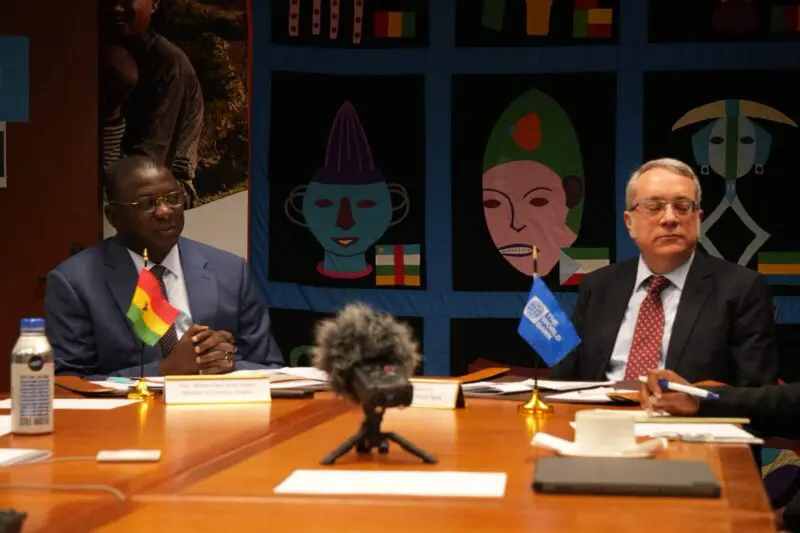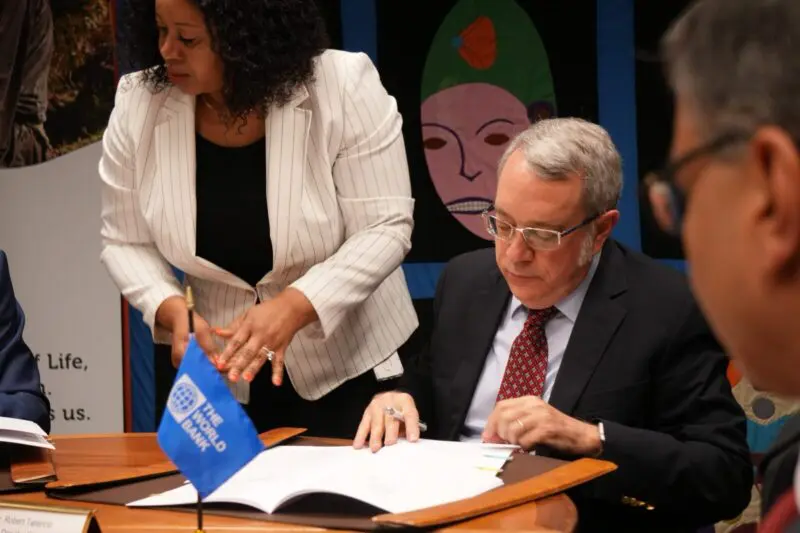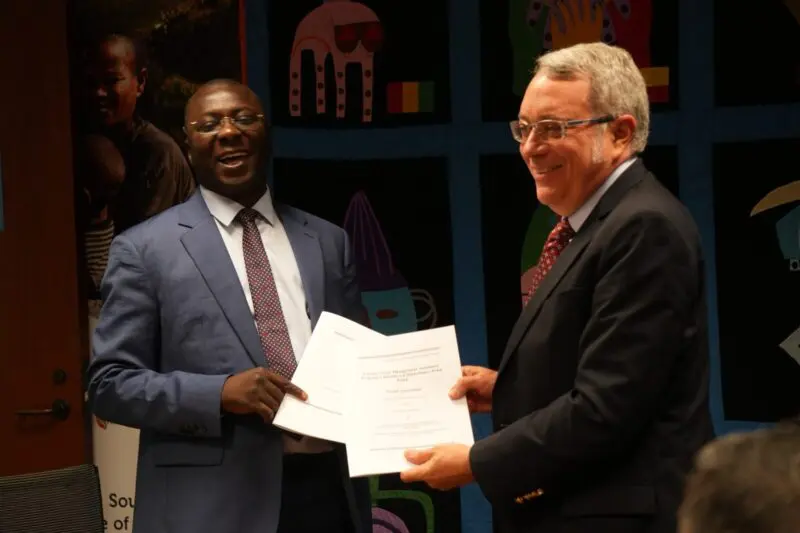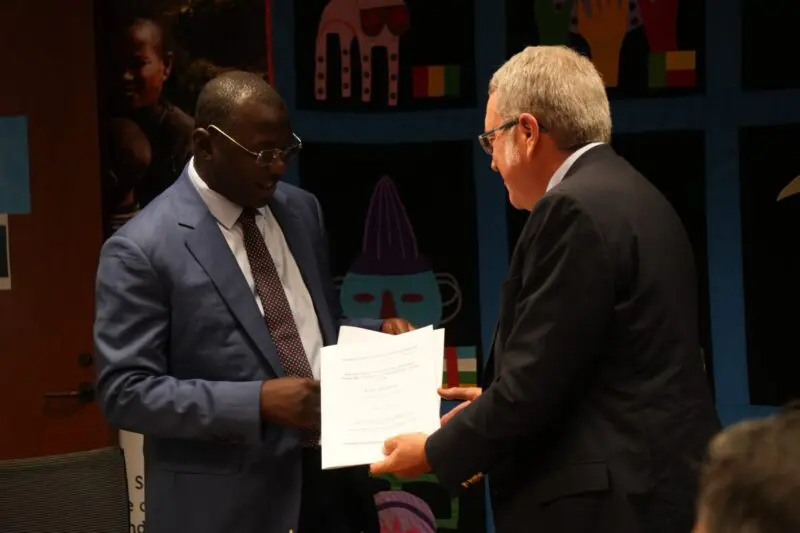
Finance Minister Dr. Mohammed Amin Adam signed the agreement on behalf of Ghana, while World Bank Country Director Robert Taliercio O’Brien represented the World Bank Group.
Dr. Amin Adam highlighted the importance of this results-based financing, calling it a timely intervention.
He noted that the facility would address urgent challenges within the energy sector and ultimately enhance the quality of life of Ghanaians.

“This year alone, we have spent about 18 billion cedis to cover energy sector shortfalls, a level of spending that is no longer sustainable,” he said.
He stated that Ghana’s economic recovery makes this an opportune time to invest in the energy sector. He further pledged efficient use of the facility to achieve the intended results.

World Bank Country Director Robert O’Brien emphasized that the agreement highlights the World Bank’s commitment to supporting Ghana’s energy sector.
Facility Details and Focus Areas
In June, the World Bank approved a $250 million credit from the International Development Association (IDA) in addition to a $10 million grant from the Energy Sector Management Assistance Program (ESMAP).
This funding will support the four-year Ghana Energy Sector Recovery Programme for Results (PforR), focusing on key improvements in the sector.

The programme aims to enhance the financial sustainability of electricity distribution and expand access to clean cooking solutions.
The PforR will also deliver direct financing to energy sector utilities to support capital expenditure programs.
This funding will complement regulatory and policy reforms included in the World Bank’s development policy financing series and the IMF’s Extended Credit Facility.



